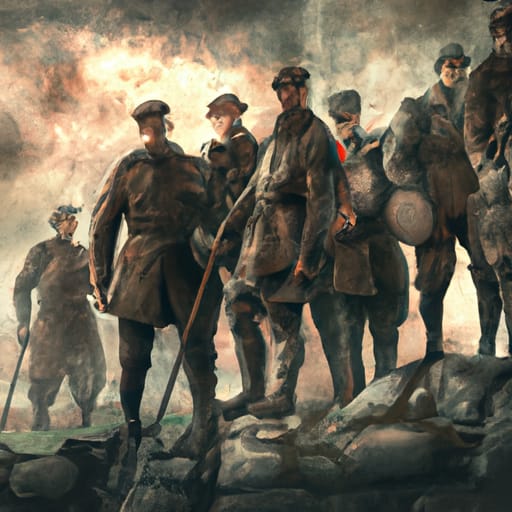My essay examines how the military has increasingly turned to the tropes of science fiction in order to create compelling narratives about military service that might be used for recruitment purposes. Finding the messages of contemporary war films set in Iraq or Afghanistan to be either outwardly hostile to the military or at least morally ambiguous, the Department of Defense has turned to science fiction blockbusters to promote the traditional values of military service, such as honor, sacrifice, patriotism, duty, and brotherhood.
A major focus of the essay is Battle: Los Angeles (Jonathan Liebesman, 2011), a self-conscious science-fiction reworking of Sands of Iwo Jima (Allen Dwan, 1949), itself an overt U.S. Marine Corps recruitment film featuring much-emulated John Wayne battle heroics. Because the film replaces real-world combatants with faceless and all-out evil aliens whose annihilation of the human race needs no motivation, it is able to activate the “Good War” tropes of traditional World War II combat films that current war films have eschewed. I also discuss the use of science fiction tropes in military recruitment commercials, such as the series of “It’s Not Science Fiction” ads for the Air Force and the Army Strong commercial tied in with X-Men: First Class. Along with the films, these commercials associate military service with the spectacle and wonder of science fiction iconography, giving it the sense of the fantastic and miraculous that speculative technologies evoke. Ultimately, I argue that the military’s investment in the narratives and imagery of science fiction results not just in genre hybridity, but in a reconceptualization of the war genre.
“How to Recognize a War Movie: The Contemporary Science Fiction Blockbuster as Military Recruitment Film,” A Companion to the War Film, edited by Douglas A. Cunningham and John Nelson (Wiley Blackwell, 2016), 253–270.
